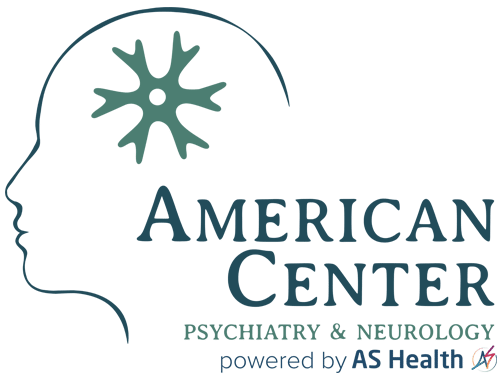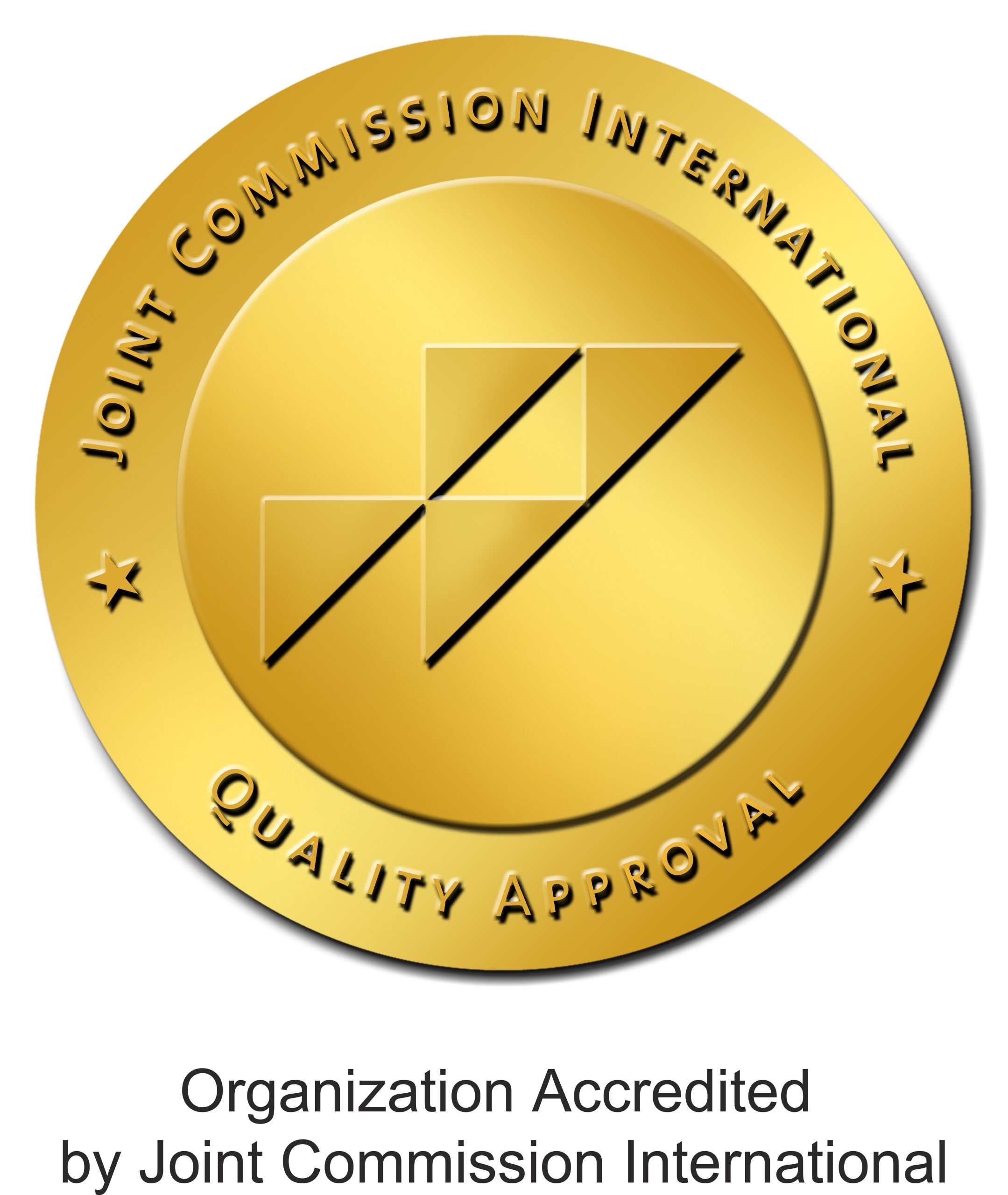Struggling to fall asleep or stay asleep through the night? You’re not alone. Insomnia is one of the most common sleep disorders in the UAE, affecting people of all ages. While stress, screen time, and poor sleep habits are obvious contributors, what you eat can have a surprising impact on how well you rest.
At the American Center for Psychiatry and Neurology, we understand that sleep is essential to both mental health and neurological balance. That’s why our multidisciplinary team of psychiatrists, neurologists, clinical psychologists, and nutritionists in Abu Dhabi, Dubai, Sharjah, and Al Ain work together to offer holistic treatment for insomnia and sleep disorders — including the often-overlooked role of nutrition.
The Connection Between Diet and Sleep
Your body’s sleep-wake cycle, or circadian rhythm, is regulated by hormones such as melatonin and cortisol, both of which are influenced by nutrient intake, blood sugar balance, and gut health.
When your diet is out of sync with your body’s natural rhythms, it can:
- Delay melatonin production
- Increase nighttime wakefulness
- Contribute to racing thoughts or restlessness
- Cause energy crashes and fatigue during the day
Poor sleep, in turn, affects mood, memory, weight, immunity, and even increases the risk of mental health issues like anxiety and depression.
Foods That Help You Sleep Better
Integrating sleep-friendly foods into your daily meals can naturally improve your rest. At our sleep disorder clinics in Abu Dhabi, we guide patients toward choices that promote relaxation and hormonal balance.
1. Complex Carbohydrates
Help transport tryptophan to the brain, boosting serotonin and melatonin production.
Examples: brown rice, oats, quinoa, sweet potatoes.
2. Tryptophan-Rich Proteins
Tryptophan is an amino acid that helps synthesize melatonin.
Examples: turkey, eggs, yogurt, chickpeas.
3. Magnesium and Potassium
Help relax muscles and calm the nervous system.
Examples: bananas, spinach, almonds, avocado.
4. Omega-3 Fatty Acids
Regulate melatonin and reduce inflammation.
Examples: salmon, walnuts, chia seeds.
5. Herbal teas and warm drinks
Natural herbs like chamomile and valerian promote relaxation.
Avoid caffeine after 2 p.m. and opt for soothing alternatives like herbal teas or warm milk.
Foods and Habits That Disrupt Sleep
Many sleep problems are worsened by certain eating patterns. Our nutrition experts in the UAE help patients identify and modify these habits.
Avoid or Limit:
- Caffeine and energy drinks (especially in the afternoon)
- Spicy foods or heavy meals late at night
- High-sugar snacks before bed, which can cause blood sugar crashes
- Alcohol, which may initially make you drowsy but disrupts deep sleep
- Processed and fried foods that lead to inflammation and digestive discomfort
When to Seek Professional Help
If you’ve already adjusted your habits and are still struggling with:
- Difficulty falling asleep
- Frequent waking during the night
- Early morning waking with fatigue
- Racing thoughts before bed
- Feeling unrefreshed despite 7–8 hours of sleep
…then it’s time to consult a sleep specialist.
At the American Center for Psychiatry and Neurology, we offer comprehensive care including:
- Insomnia treatment in Abu Dhabi
- Psychiatric evaluation for anxiety or mood disorders
- Sleep hygiene coaching
- Nutritional counseling tailored to sleep health
- Collaboration with neurologists for sleep apnea or restless leg syndrome
How Our Nutritional Plans Work
Our individualized sleep nutrition plans include:
- Daily food intake analysis
- Identification of nutrient deficiencies (like magnesium or vitamin D)
- Culturally appropriate meal planning for UAE-based lifestyles
- Supplement recommendations when necessary
- Coordination with your mental health and sleep treatment plan
Whether you’re seeing a psychologist in UAE, a psychiatrist in Abu Dhabi, or a nutritionist in Abu Dhabi, our goal is to restore your energy and calm — starting with your plate.
Additional Tips for Sleep Support
- Eat your last meal at least 2–3 hours before bedtime
- Establish a consistent evening routine with calming foods
- Drink water throughout the day — but reduce intake in the evening
- Create a dark, cool, and screen-free sleeping environment
- Don’t rely on sleeping pills long-term — treat the root cause
Why Choose ACPN?
- Integrated mental health and neurological sleep care
- Best psychiatrists in Abu Dhabi and top psychologists in Dubai
- Experienced dietitians who understand UAE lifestyle factors
- Sleep disorder clinics available in Abu Dhabi
- A caring, evidence-based approach to long-term wellness
Final Thoughts
Sleep is not a luxury — it’s a necessity for your mental clarity, emotional stability, and physical resilience. And what you eat plays a bigger role than most people realize.
If you’re ready to sleep better and feel better, book a consultation at the American Center for Psychiatry and Neurology today. Together, we’ll create a nutrition and lifestyle plan that helps you rest, recover, and thrive.



